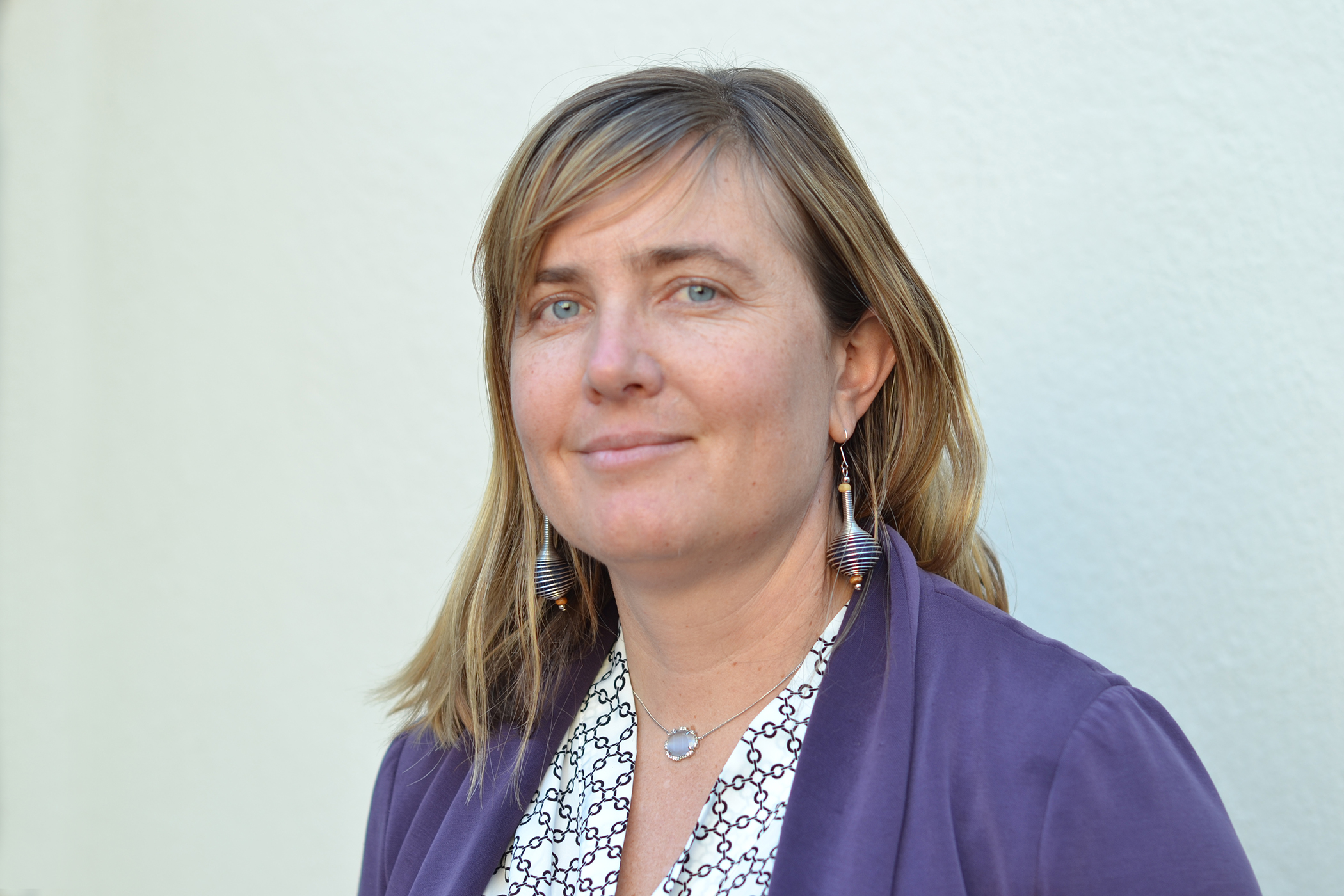The Art of the Impossible: Probing Challenging Higgs Channels at the LHC
Georg Rieger (rieger@phas.ubc.ca) and Brett Gladman (gladman@astro.ubc.ca)
*All are welcome to this in-person event!
Abstract:
The search for the Higgs boson was central to the conception and design of the LHC detectors. However, measurements of the Higgs coupling to the second and third-generation quarks were regarded as extremely challenging and, in some cases, impossible. Scientific ingenuity and original thought have allowed ATLAS and CMS to probe the coupling of the Higgs boson to quarks. I will discuss techniques (including machine learning) used to achieve this and provide a brief perspective on future directions.
Bio:

Heather attended the University of Cape Town in South Africa from 1999-2005 where she obtained a BSc, BSc (Hons) and then a MSc in Physics. She then attended the California Institute of Technology and obtained her Ph.D. in Physics in 2011. She then worked at CERN as a Research Fellow and Research Staff Scientist from 2011-2017 before moving to LBNL as a Divisional Fellow in 2017. Heather joined the UC Berkeley faculty as assistant professor in 2019. She received the IUPAP C11 Young Scientist Prize in 2018. She is currently serving in a high-level management role within the ATLAS experiment as the Data Preparation Coordinator.
Research Interests:
I am an experimental particle physicist working on the ATLAS experiment at the Large Hadron Collider (LHC) just outside Geneva in Switzerland. I have broad interests in particle physics, but the primary focus of my research is the Higgs boson -- the most recently discovered elementary particle, the only known elementary scalar of nature and the final piece of the remarkably successful Standard Model. However, this discovery leaves many important questions unanswered and uncovers further questions. The Higgs is not just another particle. It is profoundly different from all other elementary particles, relates to the most obscure sectors of the Standard Model and is linked to some of the deep questions, so it might prove to be a portal to find new physics. I study the properties of the Higgs boson and, in particular, how it interacts with different types of quarks, including top, bottom and charm quarks. Other research interests include the development of track reconstruction algorithms, silicon detectors and algorithms for quantum computers. A theme throughout my research is applications of machine learning.
I collaborate with Professors Marjorie Shapiro and Haicheln Wang at UC Berkeley and with scientists in the ATLAS group at Lawrence Berkeley National Laboratory (LBNL). The ATLAS group at LBNL works on a broad range of physics topics from measurements to the Standard Model to searches for new physics. The group also plays important roles in the operation of the ATLAS pixel detectors, design and construction of upgraded silicon detectors, software development for improved detector performance, event generation, simulation, and computing.
Learn More:
- See Heather's UC Berkely faculty website page here: Heather Gray | Physics (berkeley.edu)
- Learn more about the Gray Research Group here: Gray Research Group | Physics (berkeley.edu)